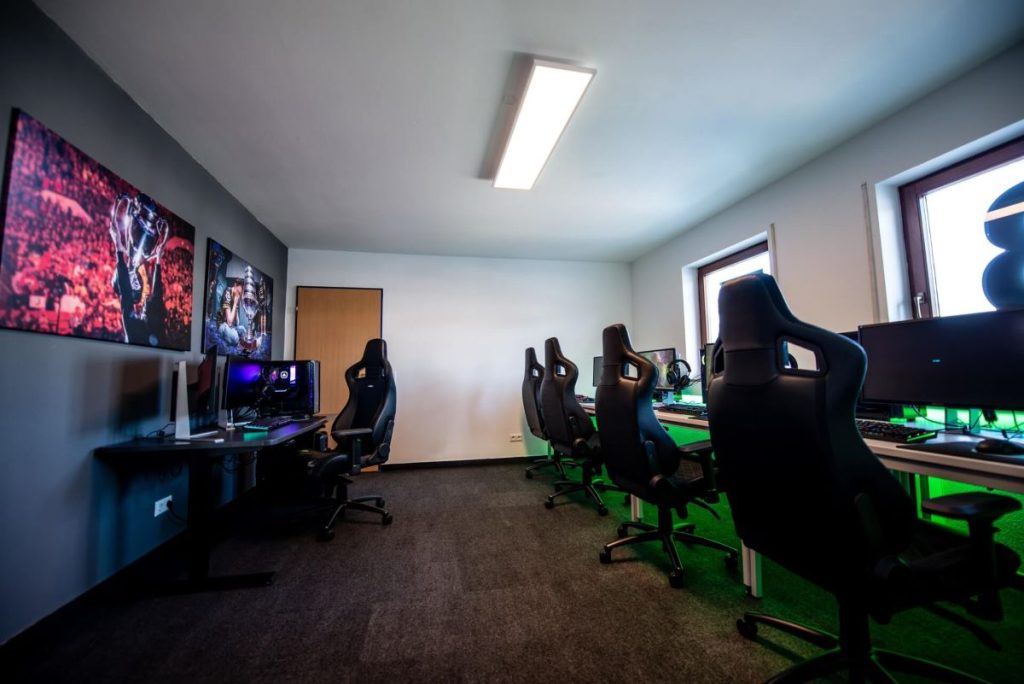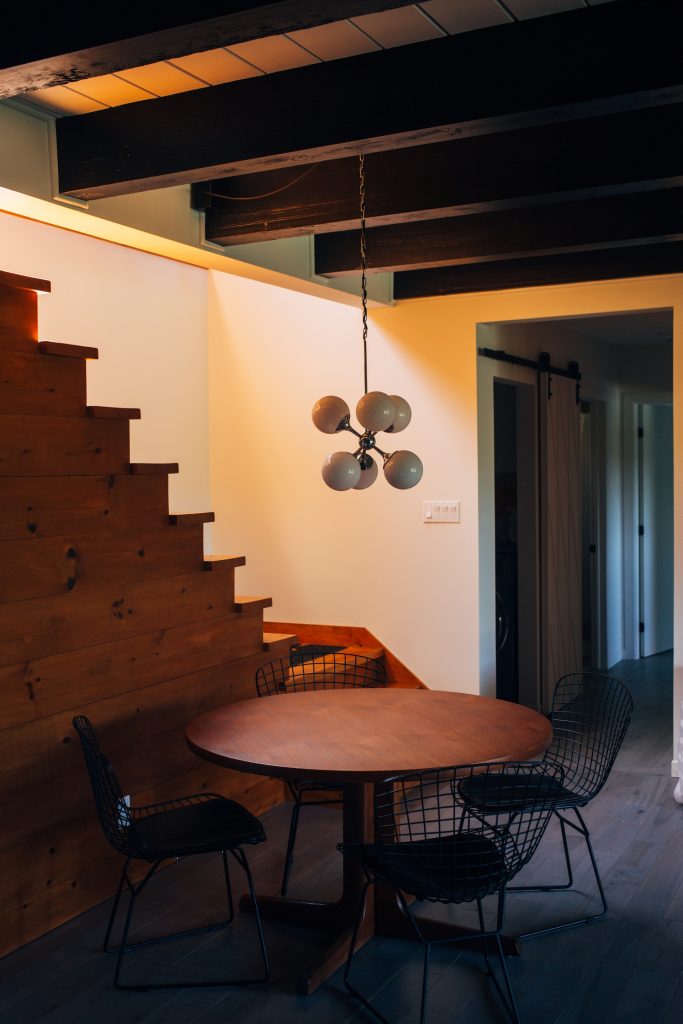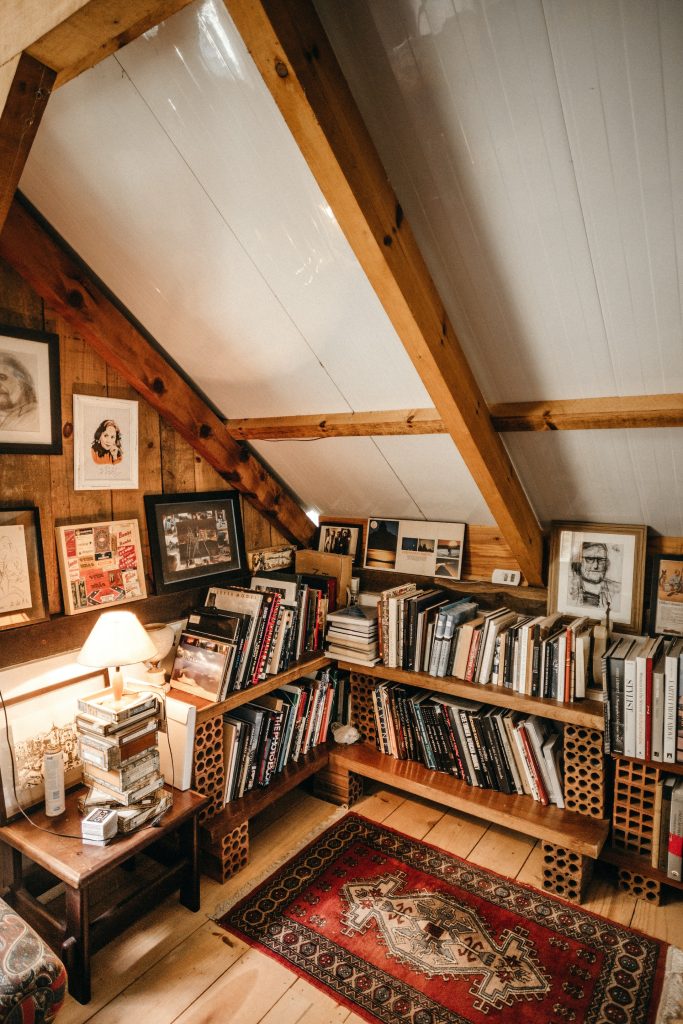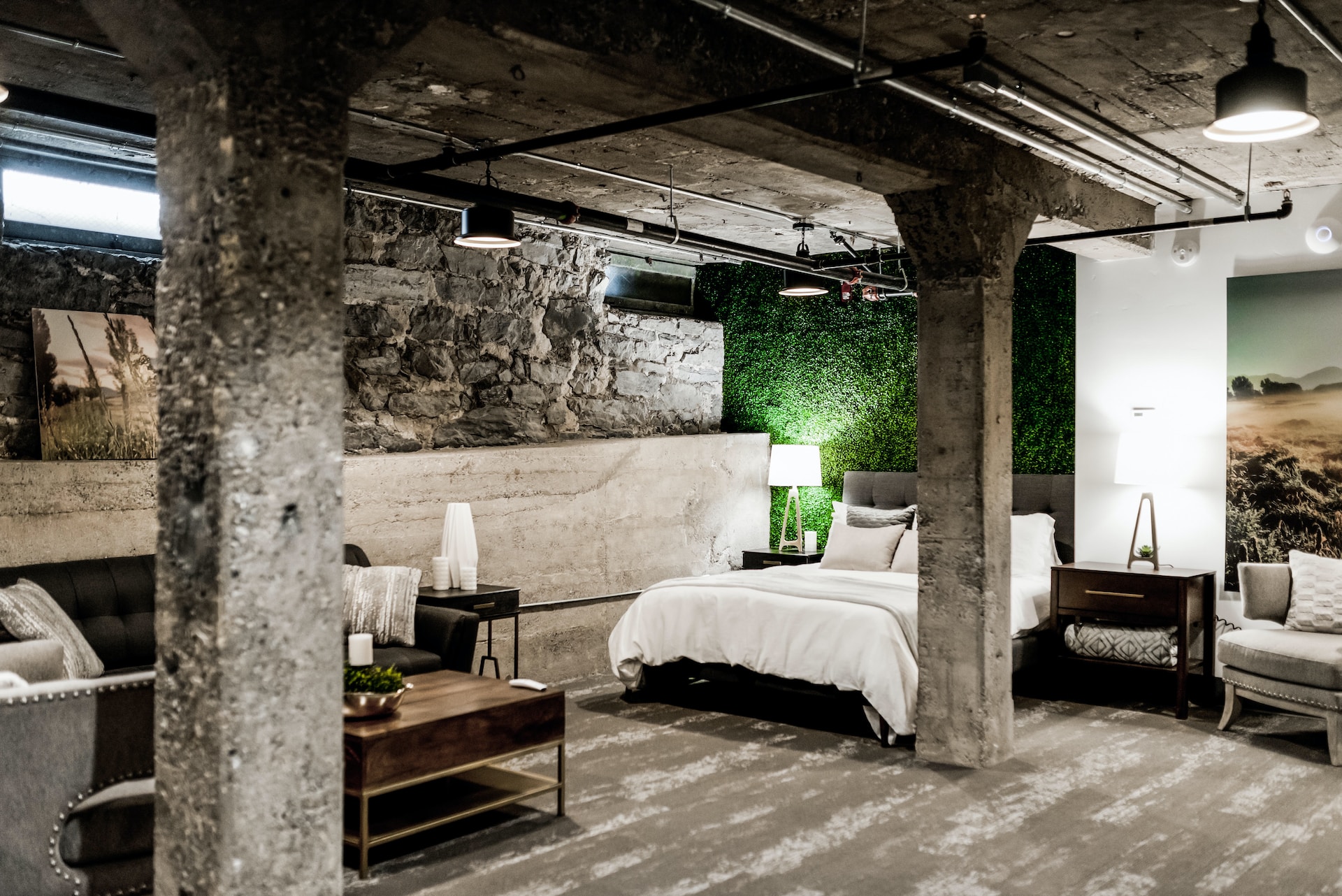Houses in the Philippines come in all shapes and sizes, from little townhouses to massive estates. However, despite the size of their homes, many homeowners share the potential for additional living space that is just waiting to be used.
The attic and basement are two frequently overlooked rooms that can both be turned into significant and useful living areas. These part of the house can be made into valued, practical rooms that suit a range of needs and lifestyles. It can be used for storage, as a gym, man cave, home office, or a number of other things.
It is clear, though, that these two living spaces still have some weaknesses that you might want to take into consideration despite their apparent practicality.
In this article, we’ll explore the benefits and drawbacks of converting these often neglected areas—basement or attic; or possibly both.
What is the purpose of an attic vs a basement?

The way that basements and attics are used is generally quite similar.
An attic, also known as a sky parlor or a garret, is a room located just below the slanting roof of a home or other structure. It is also occasionally referred to as a loft. Attics are widely recognized for having oddly shaped spaces with exposed ceilings and challenging-to-reach corners as they fill the void between a building’s upper-floor ceiling and its inclined roof. An attic can be made use of as a storage space, home office, extra bedroom, a recording room, private library, playroom, game area, and hobby room.
On the other hand, one or more storeys of a building that are totally or partially below the ground floor are known as a basement or cellar. The heat source, water heater, breaker panel or circuit box, parking lot, air conditioner system, as well as amenities like the electrical distribution system and a cable TV transmission point are typically located in this area, which is used as a building’s utility area. Additionally, a basement can also be utilized to serve as an extra living space, a parking lot, a repair room, a place to do your laundry, an area for storage, or an HVAC system.
Nonetheless, considering that it is frequently built to maintain the house structure stable and safe to live in, the basement is distinct in the building of most houses in the Philippines.
The Pros and Cons of Having a Basement

Pros:
1. Additional living space
Your home’s basement essentially adds another level, giving you a lot more living space. Homeowners can design this extra space like a blank canvas to fit their own demands and way of life. Not to add, children who might not have access to outside space in their neighborhood might use basements as an alternate play location.
It also provides a private space for organizing parties or putting up a home theater for movie weekends, making it the perfect choice for individuals who enjoy gathering. Therefore, the adaptability of a basement can greatly improve the functionality and comfort of your home, making it a more pleasurable and practical place to live.
2. Enhanced storage alternatives
It is challenging to emphasize the importance of additional storage in a house. Both the occupants and potential buyers may feel that a property is smaller and less desirable when it is cluttered. This problem can be solved by using a basement, where you can neatly store stuff out of sight.
In simple terms, a basement can act as a useful and roomy storage facility inside your house. This practicality and comfort increases the worth of your home in an evident way.
3. Increasing the energy efficiency of a home
The energy efficiency of a house can be considerably increased by a basement. Frequently, the soil around basements acts as an organic insulator, keeping the space comfortable throughout the year. This natural adjustment of temperature may lessen the need for heating and cooling equipment, thus resulting in energy cost savings.
Cons:
1. Additional expense
Building a basement is pricey, but purchasing a property with one is also not cheap. Therefore, you should consider whether or not this additional space is worth the money and if you actually need it based on your budget.
2. Bring in pests
Termites and other bugs enjoy living in the damp, dark basement. A basement is bound to be unable to draw any. Therefore, the only option would be to take preventative steps and regularly sanitize the area.
3. Threat of floods
There is no way for the water to escape because the area is underneath. The risk of flooding in basements during storms is high. Thus, a comprehensive investigation of the basement’s moisture issues must be made whether building a home or purchasing one that has it.
The Pros and Cons of Having an Attic

Pros:
1. Maximizing space
A converted attic might give you access to a whole additional storey in your house. An additional pair of bedrooms, a home theater, a studio, or a comfortable reading nook is an ideal approach when making use of this extra space.
Furthermore, you are also keeping out air contaminants by insulating all of those small spaces that could allow external air into the house. Therefore, before they can even make their way into the stairs as well as your lungs, dirt, filth, allergic reactions, and even spores of mold will be prevented.
2. Helps you save money
Having an attic can save you money for a variety of factors. For starters, insulating your attic space can be a smart investment for your house. After all, savings can be found wherever there is efficiency!
The need for excessive heating or cooling is decreased with proper attic insulation, which helps manage the temperature in many houses in the Philippines. Energy savings that are large can result from this. Maintaining a cool home without overusing the air conditioner is essential for reducing electricity costs in hot climates like our own nation, especially during the summer.
3. Improves the comfort of your house
In connection with the aforementioned point, comfort is a highly popular justification for including insulation in an attic. A house that is poorly insulated is more prone to temperature changes outdoors. Naturally, heat moves from hot to cold. Accordingly, you could experience hot or cold and uncomfortable rooms depending on the outside temperature owing to heat displacement.
Moreover, upper-floor bedrooms are more exposed to outdoor temperatures. In order to keep these rooms comfortable at night and in the early morning, when temperatures are at their lowest, adding insulation to your attic space is an excellent choice.
Additionally, for homeowners, an attic can provide an additional layer of privacy. The attic offers a sense of privacy, allowing you to focus, relax, or unwind without the intrusions of the rest of the household, whether it’s an exclusive home office, a private studio, or a peaceful retreat. The comfort of your home might be substantially improved by this increased privacy.
Cons:
1. It’s hard to regulate the temperature
Undoubtedly, not all families have the resources to undertake a project like insulating and cooling/heating an additional room.
Furthermore, extended use of air conditioners in the summer and heaters in the cooler months will increase your energy requirements as well as your costs.
2. Damage prone
The attic’s position at the most elevated level of your home has both advantages and disadvantages. This space is more vulnerable to weather-related damage due to its close proximity to the outdoors and its elements. In addition, the exterior wall of your attic bedroom can become damaged by heavy rain, bright sunlight, and everything else in between.
3. Flooring sturdiness
Make sure the attic floor can support the amount of necessary weight. To make it as cozy as possible, you’ll probably move more than just your possessions up there. You might also move drywall, lighting, and other things.
Related Blog: Backyard and Balcony Ideas: Deciding Which Is Better For Your Home


